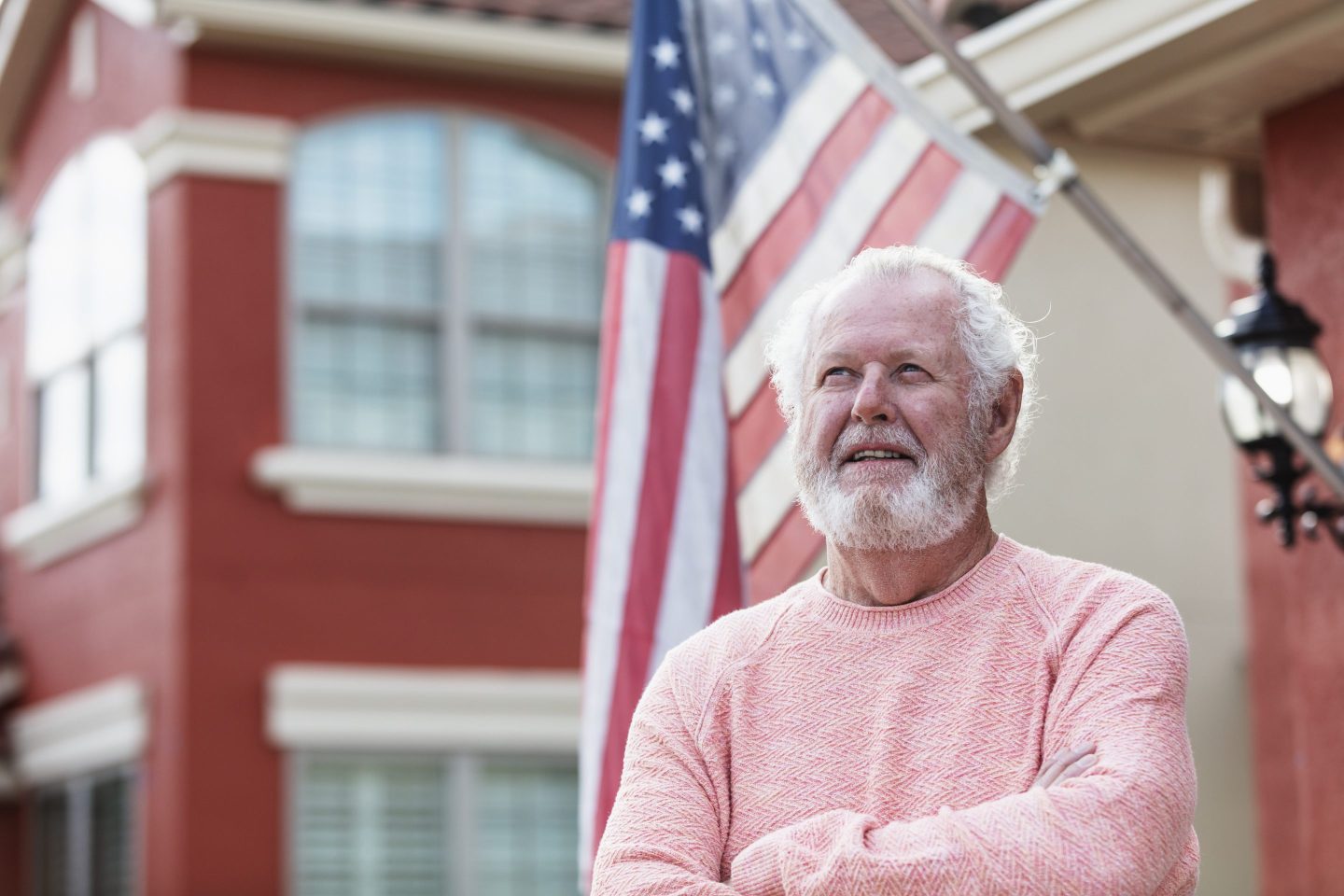The recent H-1B visa fee hikes aren’t just policy changes, they’re serious impediments to innovation that will chip away at the foundation that built Silicon Valley’s global leadership.
America has the world’s largest economy and is a world leader in innovation because it attracts and retains the world’s best talent to work on small, high-risk startups that one day blossom into large-cap economic titan. Almost 50% of US companies above $1 billion in valuation have one co-founder who is an immigrant. Uber’s co-founder Garrett Camp is a Canadian immigrant. Elon Musk used the H-1B as a South African immigrant to build Tesla and SpaceX. Eric Yuan was famously rejected eight times for his H-1B to work at Cisco — he then went on to start Zoom, a company that dissolves borders between nations.
There are many such examples — Jayshree Ullal of Arista Networks, Aravind Srinivas of Perplexity, Satya Nadella of Microsoft and Sundar Pichai of Google — none of these leaders would have stayed in the US if the H-1B program weren’t in place.
The new H-1B fee structure will, in the immediate term, create a two-tiered system that hands hiring power to tech giants and only the well-funded startups who can absorb the $100,000 surcharges for H-1B talent. This would create a chokepoint in supply and demand wherein a lot of the highly talented folks who otherwise could have worked on H-1B would no longer be able to and would head to other countries for opportunities, or return to their home countries.
This is already happening. Canada’s Prime Minister Mark Carney recently said U.S. visa changes for skilled workers may help Canada retain some of its own talent that leaks to the U.S. but, more interestingly, Canada is preparing “a clear offering” for people in the tech sector who would have otherwise been eligible for an H-1B visa. China has already launched a new “K Visa” to attract global STEM talent. India should surely be thinking about something similar. My guess is that this uncertainty around H-1B sponsorship is going to affect not just average IT workers, but talented Masters or PhD graduates, research scientists, who are in short supply globally.
The message this sends to the world’s brightest students is that the United States does not offer a reliable pathway to success. Only those who see a legitimate H-1B pathway will gamble on an American education, meaning the country will attract fewer of the exceptional minds who have historically powered Silicon Valley’s vibrant startup ecosystem.
I spent 15 years building the technologies of the future in Silicon Valley on an H-1B visa, first at AMD, then at Google. I can say with confidence that I would never have gotten my first U.S. job under today’s fee structure. Under today’s policies, I would have migrated to another country or returned to India.
The H-1B program is not without its faults and a smart update is always welcome, but America’s technology dominance wasn’t built by walls. It was built by bridges to attract the brightest minds. As policymakers navigate the future of H-1B visas to make it better, I hope they remember that in a global economy, talent is mobile, and as a VC, our capital follows talent. Countries that welcome it will thrive; those that don’t will be left behind.
The opinions expressed in Fortune.com commentary pieces are solely the views of their authors and do not necessarily reflect the opinions and beliefs of Fortune.












